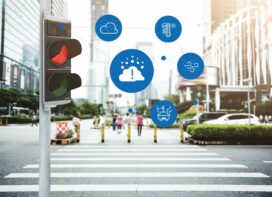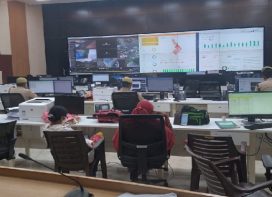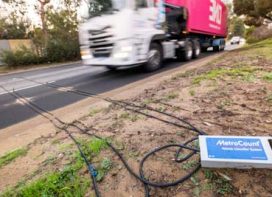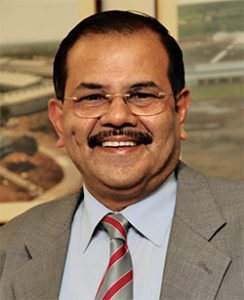
MG Motor recently launched its hybrid SUV ‘Hector’ in India. P Balendran, Executive Director, MG Motor India spoke to TrafficInfraTech on the occasion of the unveiling of India’s first internet-enabled car.
Cars are turning out to be the biggest gadgets in the world. What are the big changes that are happening in the way we look at cars?
Cars were largely considered a functional solution to the problem of getting from point A to point B earlier. The addition of the internet and the integration of cutting-edge technologies such as IoT, artificial intelligence, and machine learning in vehicles are completely transforming the in-car experience. Instead of simply being a means of transport, cars are emerging as a major touchpoint in the larger, interconnected digital ecosystem of services and people.
This technological revolution has been brewing in the global automotive industry for quite some time now. Vehicles are becoming assistant-onwheels for car owners, helping them streamline and enhance their driving experience. With the launch of the Hector, MG Motor India has placed itself at the frontline of this upcoming transformation by demonstrating its readiness for this tech-led, tech-enabled future of mobility. That, I feel, is the biggest change in the way people perceive cars.
What is the difference between an ‘Internet Car’ and a ‘Connected Car’?
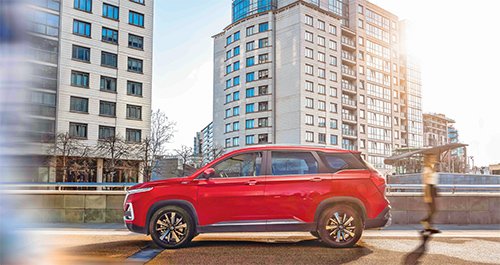 Connected cars usually provide basic vehicle information such as the kilometres travelled, GPS, etc. An internet car, on the other hand, leverages the power of digital connectivity to provide a truly immersive in-car experience to car owners. Allow me to elucidate the difference by highlighting how different MG Hector is to any connected car in the C-SUV category.
Connected cars usually provide basic vehicle information such as the kilometres travelled, GPS, etc. An internet car, on the other hand, leverages the power of digital connectivity to provide a truly immersive in-car experience to car owners. Allow me to elucidate the difference by highlighting how different MG Hector is to any connected car in the C-SUV category.
As India’s first Internet car, the Hector comes equipped with a host of cutting-edge, industry-first features that promise to deliver safe, connected, and fun experiences to MG customers. The Hector’s 10.4-inch touchscreen is the largest in the industry and is designed for unmatched seamlessness and intuitiveness. Users can access all the critical vehicle information – such as tyre pressure, door lock status, air conditioner, driver analytics etc. – at a glance and can even manage all vehicle settings with just one touch.
Similarly, the next-generation iSMART technology, which serves as the nerve centre of the Hector, ensures that the car is always connected, even under low-signal conditions. Through the iSMART mobile app, customers can also remotely check the vehicle status, geo-fence their vehicle, start ignition and pre-heat, and open the sunroof and tailgate.
The Hector also features the ‘IQ Maps’ feature powered by TomTom. Considered the most advanced online and offline voice-activated navigation system, it provides accurate traffic and travel time calculations in real-time. While users can search for their desired destinations through either text-based inputs or a simple voice search, ‘IQ Maps’ leverages its intuitive search logic to simplify searches in cases where users misspell a query.
Then we have pre-loaded infotainment and weather apps such as Gaana and Accuweather to provide customers with access to in-car music and weather forecasts. All of this is backed by the revolutionary OTA technology, which enables users to seamlessly update software/firmware, features, themes, and infotainment content in real-time.
 TrafficInfraTech Magazine Linking People Places & Progress
TrafficInfraTech Magazine Linking People Places & Progress
